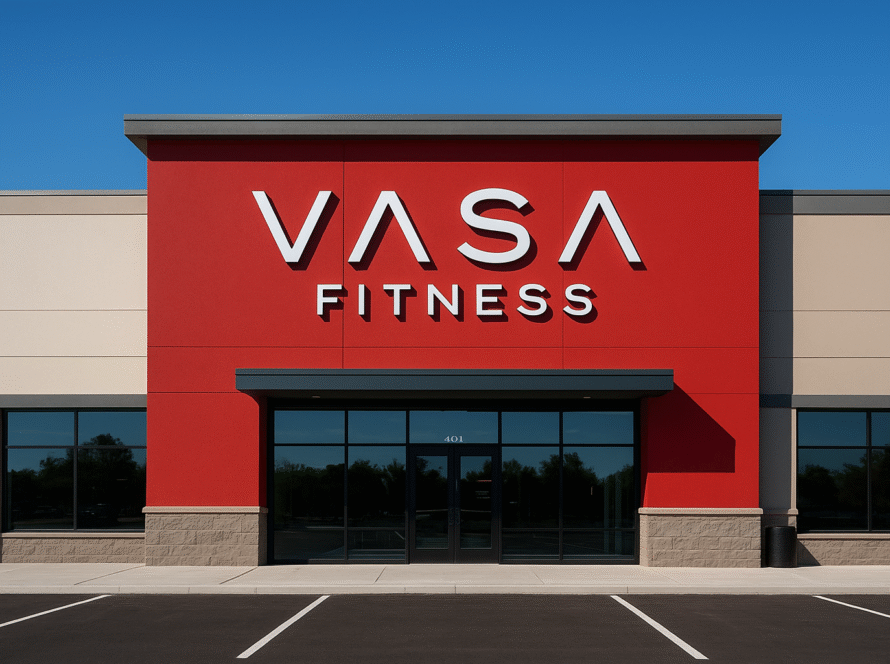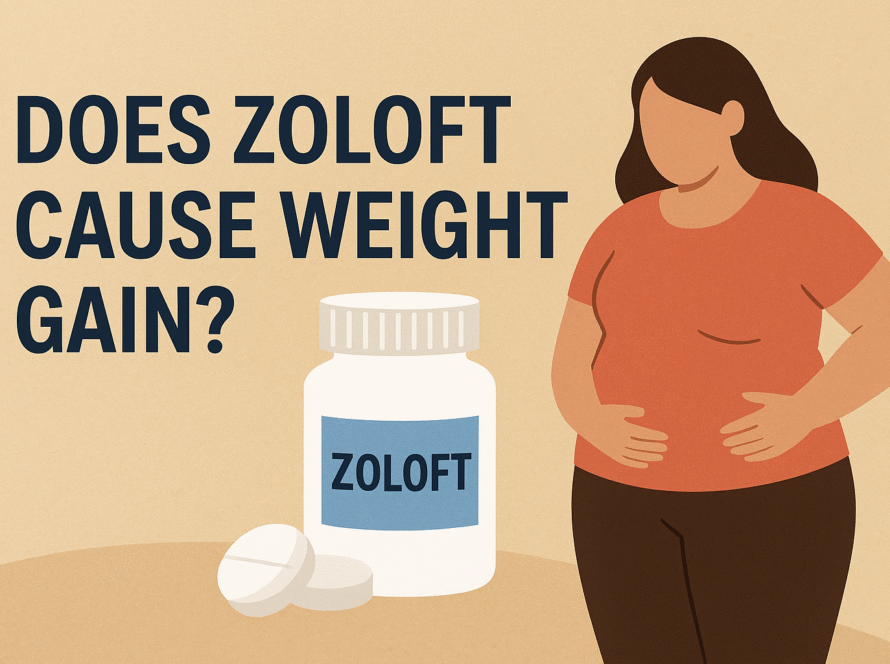Starting a fitness journey can feel overwhelming, especially when you’re not sure where to begin. With so much information available—diets, workouts, supplements, gym plans—it’s easy to get confused and even discouraged. But don’t worry! This guide is designed especially for beginners who want to start their fitness journey with confidence and clarity.
Whether you want to lose weight, build muscle, improve your health, or simply feel better, this article will provide you with practical, step-by-step advice on how to start your fitness journey successfully.
Why Starting Your Fitness Journey Matters
Fitness isn’t just about how you look—it’s about how you feel, how you live, and how you age. A consistent fitness routine improves cardiovascular health, boosts mental health, supports weight management, increases energy, and builds confidence. For beginners, the journey is more than physical—it’s a lifestyle transformation.
Step 1: Set Clear and Realistic Fitness Goals
Before stepping into a gym or buying workout gear, it’s important to define your “why.”
Examples of Common Fitness Goals:
- Lose 10 kg in 6 months
- Walk 10,000 steps daily
- Build visible muscle definition
- Run a 5K without stopping
- Reduce body fat percentage
Tips to Set SMART Goals:
- Specific: “I want to lose 5 kg” instead of “I want to lose weight.”
- Measurable: Track your progress with weight, inches, or strength metrics.
- Achievable: Start small—don’t aim for unrealistic transformations.
- Relevant: Choose goals that matter to you, not social media trends.
- Time-bound: Set a deadline like “in 8 weeks” to stay accountable.
Step 2: Get a Health Check-Up
If you’ve been inactive or have any pre-existing health conditions, consult your doctor before starting a new fitness program. This helps you understand what your body is ready for and avoid injuries.
Step 3: Choose a Workout That You Enjoy
There’s no “one-size-fits-all” workout. The best exercise is the one you’ll stick with. For beginners, the key is to start slow and choose something fun.
Beginner-Friendly Fitness Options:
- Walking or Jogging: Ideal for heart health and weight loss.
- Yoga: Great for flexibility, stress relief, and joint mobility.
- Bodyweight Training: Push-ups, squats, and planks to build strength.
- Group Fitness Classes: Zumba, aerobics, or spinning for motivation.
- Home Workouts: Use apps or YouTube to work out at home.
Step 4: Create a Beginner Workout Plan
Start with 3 to 4 days a week, focusing on a mix of cardio, strength, and flexibility.
Sample Weekly Beginner Workout Plan:
| Day | Activity |
|---|---|
| Monday | 30 min brisk walk + Stretch |
| Tuesday | Full-body bodyweight workout |
| Wednesday | Rest or light yoga |
| Thursday | 20 min cardio + core workout |
| Friday | Resistance bands or dumbbells |
| Saturday | Outdoor activity (hike, bike, play) |
| Sunday | Rest |
Stay consistent. It’s better to start small and grow gradually than to burn out quickly.
Step 5: Focus on Nutrition – Fuel Your Body
Fitness is 70% nutrition and 30% exercise. You cannot outrun a bad diet, especially if your goal is weight loss or muscle gain.
Basic Nutrition Tips for Beginners:
- Eat Whole Foods: Focus on vegetables, fruits, lean protein, whole grains, and healthy fats.
- Hydration: Drink at least 8 glasses of water daily.
- Meal Prep: Plan and prepare meals to avoid unhealthy choices.
- Avoid Processed Foods: Say no to sugary snacks, sodas, and fast food.
- Track Your Intake: Use apps like MyFitnessPal to monitor calories.
Consider visiting a registered dietitian Younis or certified nutritionist to create a meal plan tailored to your goals.
Step 6: Get the Right Gear

You don’t need expensive equipment to get started, but some basics can help.
Fitness Essentials:
- Comfortable workout clothes
- Supportive shoes
- Yoga mat (for home workouts)
- Resistance bands or light dumbbells
- Fitness tracker or smart watch (optional)
Step 7: Track Your Progress
Monitoring your fitness journey helps you stay motivated and see what’s working.
What to Track:
- Weight and body measurements
- Photos (take one every 2-4 weeks)
- Strength progress (e.g., how many push-ups you can do)
- Endurance levels (how far/long you can walk/run)
Use a journal, app, or spreadsheet to note weekly changes.
Step 8: Stay Consistent and Patient
Fitness isn’t a quick fix. It’s a lifestyle. Progress takes time—weeks, even months. Don’t get discouraged by slow results or occasional slip-ups.
Motivation Tips:
- Follow fitness influencers or podcasts
- Join a community or group challenge
- Create a vision board of your goals
- Reward yourself with non-food treats (new clothes, massage, etc.)
Remember: Progress over perfection. Every small win counts.
Step 9: Sleep and Recovery Matter
Your body builds muscle and burns fat during rest, not just during workouts.
Sleep Tips for Fitness:
- Aim for 7–9 hours of sleep per night
- Keep a consistent sleep schedule
- Avoid screens before bed
- Stretch or do light yoga before sleeping
Also, take rest days seriously to avoid injuries and allow your body to repair.
Step 10: Avoid Common Beginner Mistakes
Fitness Mistakes to Avoid:
- Doing too much, too soon
- Comparing yourself to others
- Skipping warm-ups or cool-downs
- Starving or extreme dieting
- Not getting professional guidance
Everyone’s body is different. Focus on your own journey.
Bonus: Home vs. Gym – What’s Better for Beginners?
There’s no right answer. It depends on your personality, budget, and convenience.
Benefits of Home Workouts:
- No travel time
- Budget-friendly
- Privacy and comfort
- Flexibility
Benefits of the Gym:
- Access to equipment
- Professional trainers
- Motivating atmosphere
- Group classes
Try both and see what fits your lifestyle better.
Final Words: You Don’t Have to Be Perfect, Just Start
Starting your fitness journey is a brave step toward a better, healthier you. The hardest part is taking that first step—but once you begin, you’ll discover your strength, discipline, and passion.
You don’t need fancy gear, a perfect body, or a gym membership to begin. Just start small, stay consistent, and believe in yourself.
FAQs: Starting Your Fitness Journey
1. How many days should a beginner work out?
Start with 3–4 days a week and build up as your stamina improves.
2. How long should a beginner’s workout be?
20–30 minutes is ideal in the beginning. You can increase it over time.
3. Can I lose weight with home workouts?
Yes! Combine bodyweight workouts with proper nutrition and consistency.
4. Should I follow a diet?
Yes, a balanced diet is crucial. But avoid fad diets—focus on sustainable eating habits.
5. How do I stay motivated?
Track progress, set short-term goals, reward yourself, and join fitness communities.




